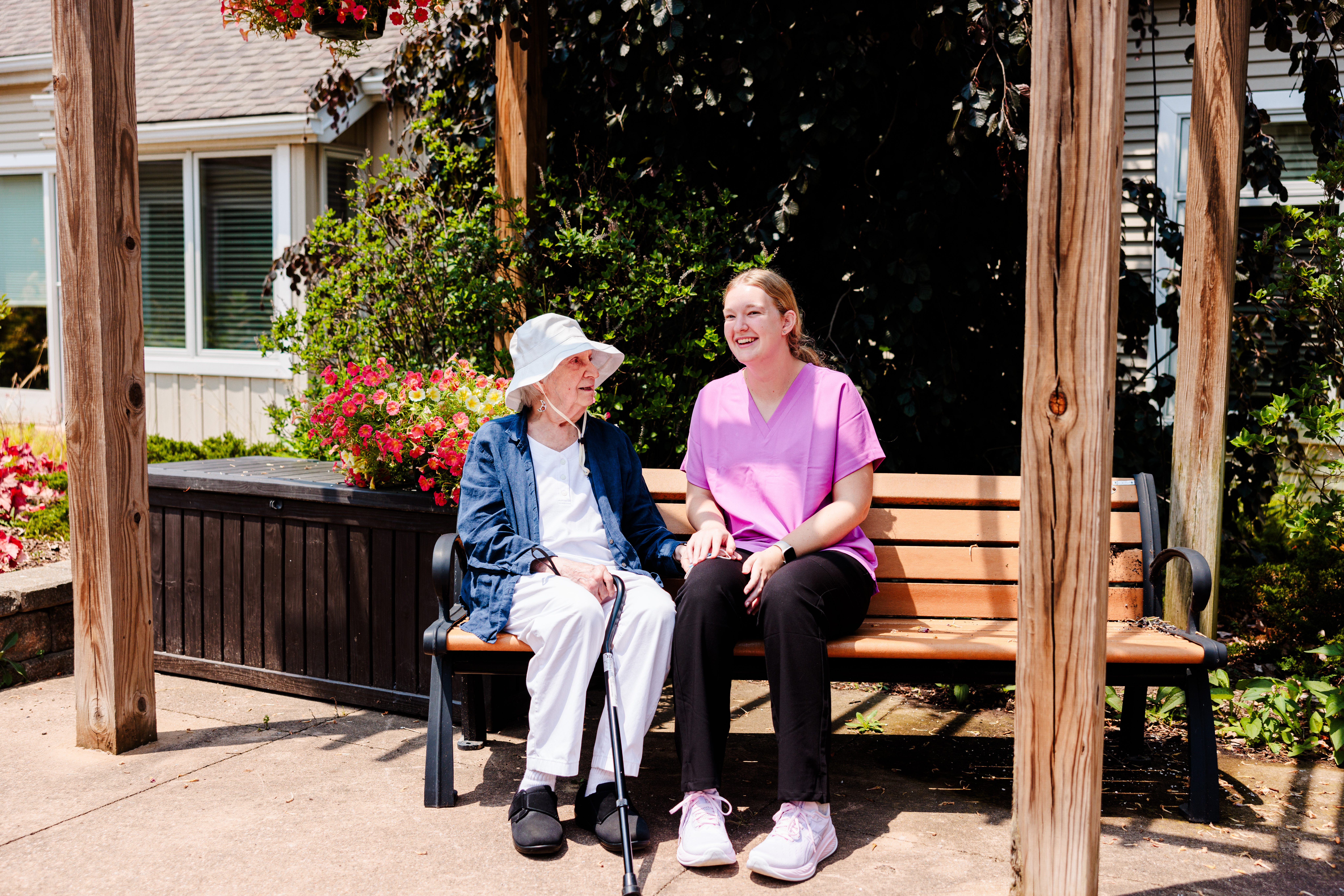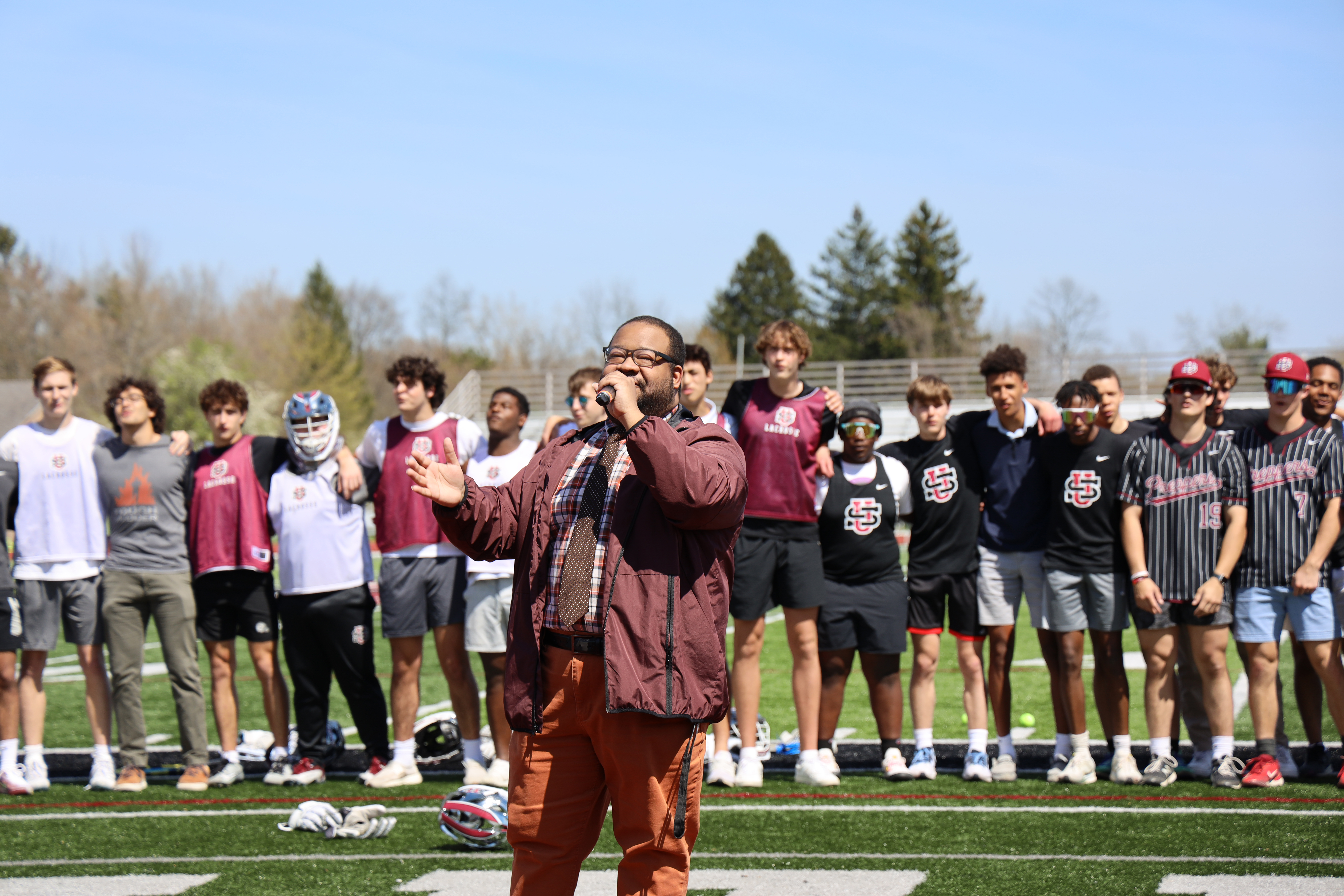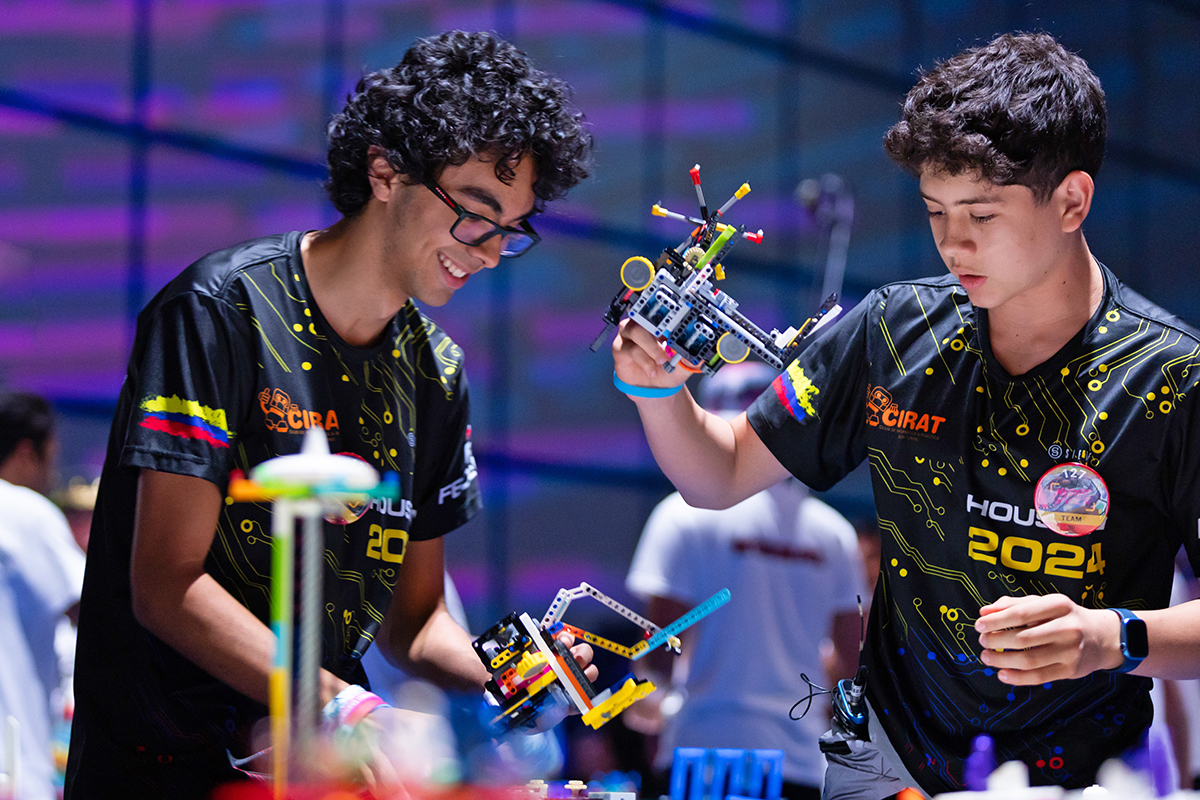Best Doctors 2010: A new way to predict effectiveness of chemotherapy
by Ryan Dezember | Feb. 25, 2010 | 5:00 AM
Doctors often have trouble knowing who might respond to certain cancer treatments. “We kind of give chemotherapy and wish for a good result,” says Dr. Afshin Dowlati of University Hospitals Ireland Cancer Center. That could change. Dowlati led a study that revealed lung cancer patients with low levels of a molecule that controls cellular interaction have twice the chance of responding to chemotherapy than those with high levels. Those levels can also predict how likely a patient is to live a year after diagnosis. The difference could help patients decide whether to try chemotherapy, drugs or pursue alternative therapies, Dowlati says.
Trending
-
1
-
2
-
3
-
4
-
5










